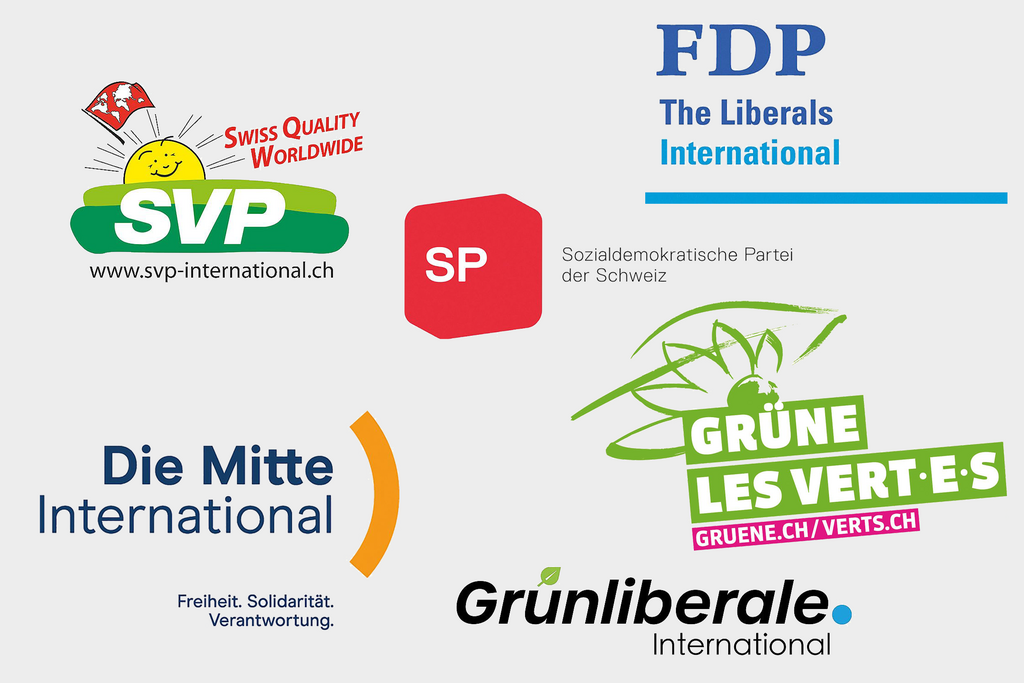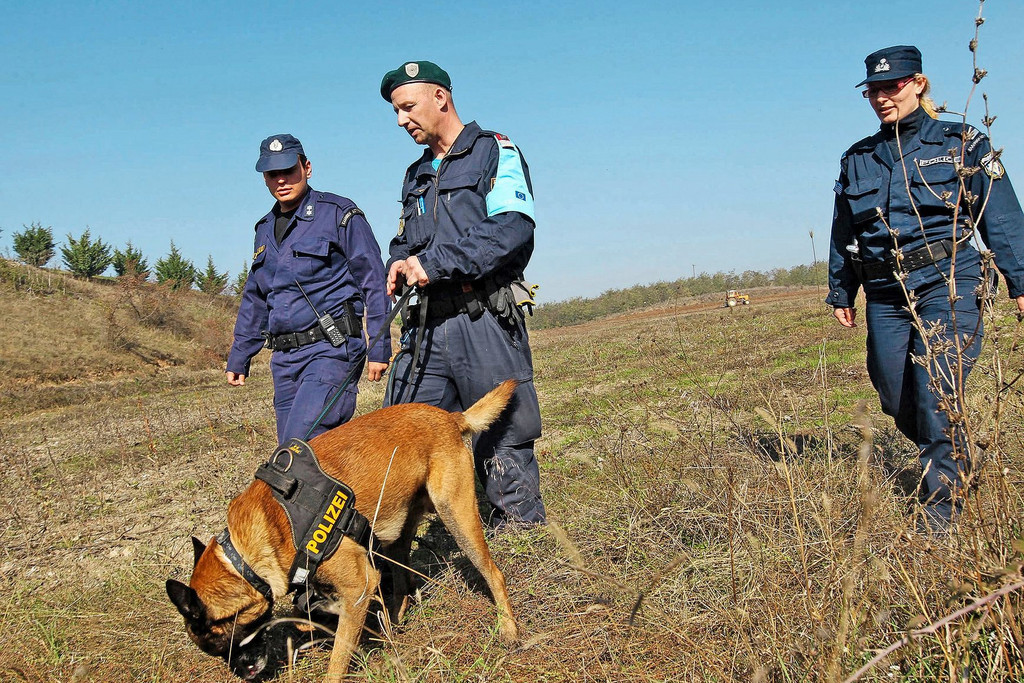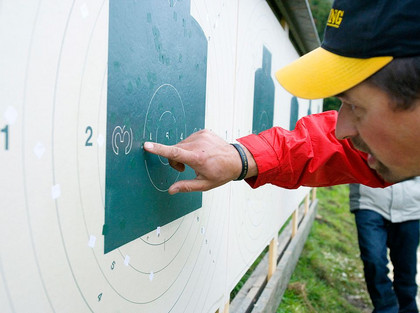The rifle clubs and the SVP were unsuccessful in their opposition to the “EU diktat”. The majority of voters did not want to endanger Switzerland’s membership of the Schengen Agreement. If the electorate had voted against stricter gun laws, Switzerland would have faced being excluded – with far-reaching consequences for border control and security. The Weapons Directive will improve the police information exchange between the 26 Schengen states. In future, the information system will show whether another Schengen country has denied someone the right to bear a weapon.
New SVP initiative takes aim at the free movement of persons
Political observers interpret the vote in favour of the gun law as a clear commitment to the bilateral path with the European Union (EU). However, there is a veritable acid test ahead. Next year, the initiative “For moderate immigration” will be put forward for a popular vote. With this “restriction initiative”, the SVP and the group Campaign for an Independent and Neutral Switzerland (AUNS) aim to end the free movement of persons. According to the Federal Council, this would probably jeopardise all the bilateral agreements and fundamentally challenge the bilateral path.
Switzerland must clarify the nature of its relationship with the EU anyway. An institutional framework agreement should enable further development of the five existing bilateral agreements and smooth the way for new agreements. However, the negotiated framework agreement does not have a majority in Switzerland (“Swiss Review” 2/2019). The stumbling blocks include the concessions on salary protection, which have weakened the flanking measures against wage dumping. This is why the unions are not supporting the framework agreement. On the other hand, the SVP sees it as a threat to Swiss sovereignty. The Federal Council must find a way to effect subsequent improvements in Brussels. At the time of going to press, the government had not come a decision on how it would proceed. However, the EU has categorically ruled out any renegotiations to date.
Improving the position of older people in the labour market
However, the Federal Council has already made a move domestically that should work in favour of the freedom of movement of persons agreement with the EU. It aims to improve the situation of older Swiss employees on the job market with an impulse programme. Many over 50s had voted in favour of the immigration initiative in 2014 out of fear that they would be threatened by immigrants on the job market. The Federal Council has eased their livelihood concerns by expanding social insurance cover: any jobless person who no longer qualifies for unemployment benefits at the age of 60 will receive a bridging pension until the normal retirement age.





![[Translate to en:]](/fileadmin/_processed_/d/2/csm_Revue_202204_Huehnerfarm_SH-Reportage_3074_7901ca94df.jpg)




Comments
Comments :
L'EU profite beaucoup plus du libre passage.
Les bilatérale ne doivent pas êtres à sens unique et doivent équilibrées.
Peux de Suisses traversent la frontière pour travailler dans les pays voisins, par contre pas mal de retraités passent la frontière pour vivre plus décemment étant donné que la Suisse à un niveau de vie plus élevé que le reste de l'Europe.
Si on veut que la Suisse se mette aux niveau de l'EU il faudra accepter de diviser les salaires par deux ou trois.
En 1797, les helvètes ont expliqué à Napoléon que le système politique pratiqué par la France ne convenait pas. d’où le principe de la politique fédérale, et actuellement fait toujours la force de la Suisse.
Eine rechtschaffene Regierung hat von der Bevölkerung nichts zu befürchten, im Gegenteil, würde Waffenbesitz nicht einschränken.
Es geht wie immer, seit Regierungen immer korrupter und linker werden, um deren alleiniges Waffenmonopol. Auch UMTS, 5G (der absolute Horror), Fluor und Aluminium in Lebensmitteln und Kosmetik, und unsere tödliche Medizin mit ihren Chemotherapien, Zahnärzte die gleich zum Bohrer greifen, ein Journalismus dessen Quelle nicht eigene Recherchen, sondern einzig die von Reuters vorgekauten Vorgaben sind, sind Waffen, aber der Regierung GEGEN die Bevölkerung. Regierung, englisch Governement, heißt übersetzt Mindcontrol. Und wieder mal haben sie mit ihrer Gehirnwäsche erreicht dass die Schafe gemäß den gestellten Gehegen gehen.
Es geht in keiner Entscheidung um des Menschen Sicherheit, es geht einzig um die Sicherheit des Vermögenswertes Person, die juristische Person als Aushebelung des Menschen und der Menschenrechte, diese hinterhältige Versklavung. Die juristische Person ist ein Business zum Aussaugen bis zuletzt für den Staat (der Staat seinerseits ein Franchisingbetrieb der seine Konzession von der UNO erhält), die Person unwissentlich eine Firma die ohne Entgelt Geld für den Staat generieren muss jedoch ohne die geringsten Leistungen im Gegenzug zu erhalten. Die Person erhält für sein Entrichten von Mehrfach Steuern (Doppelbesteuerung ist laut Bundesgesetz schon illegal) nur Pflichten als Dank.